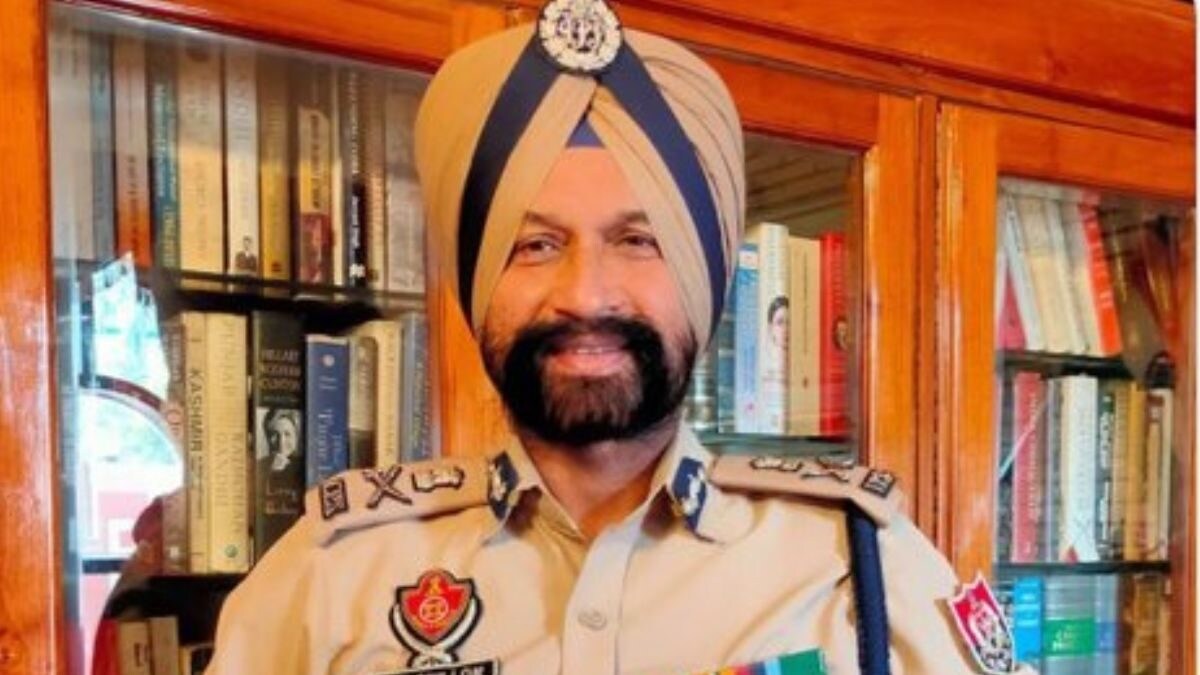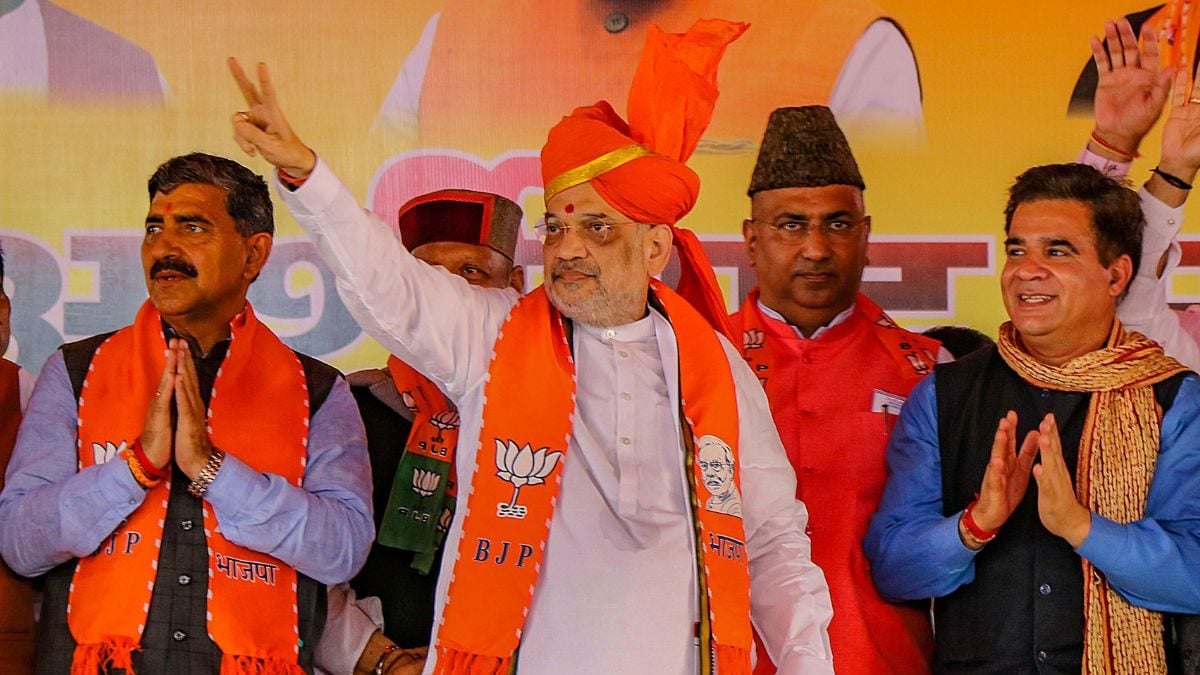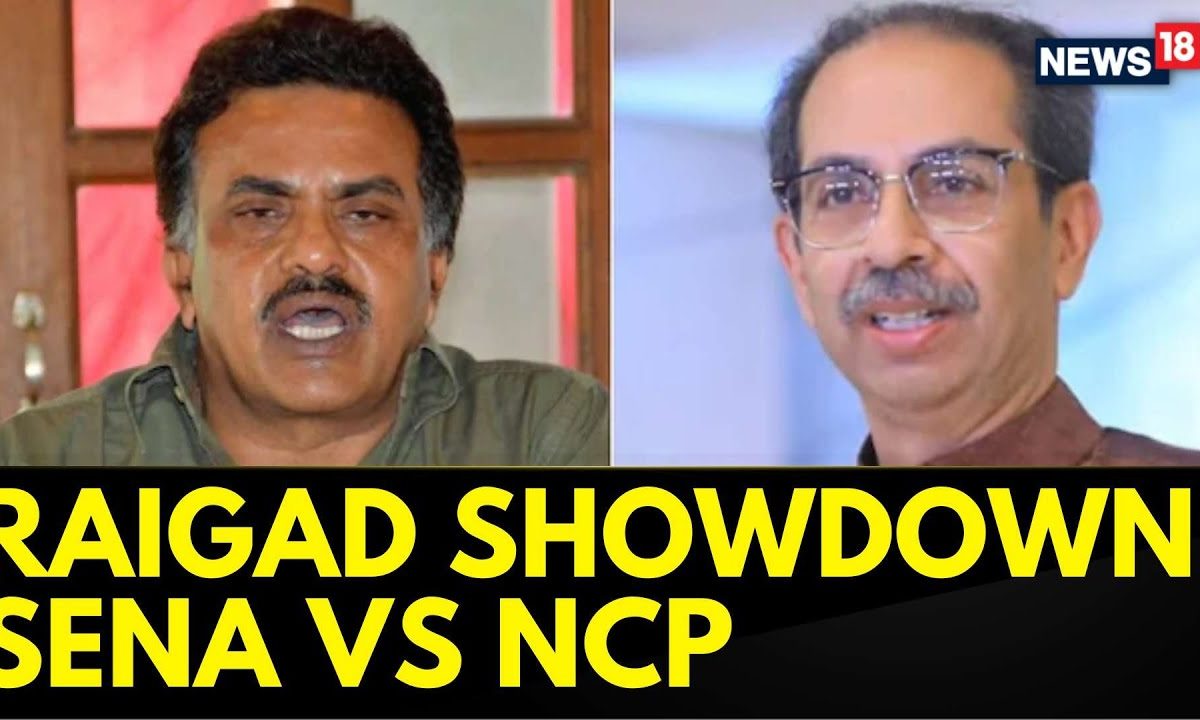[ad_1]
The BJP was formed as a political party in April 1980 and its first manifesto for the Lok Sabha election was published during the 1984 polls. It did not mention the uniform civil code then but 1985 was a decisive year: the Supreme Court went against the Muslim personal law and ruled in favour of a divorced Muslim woman, Shah Bano, to get lifelong maintenance.
While delivering the verdict, the court again spoke about the need to implement the Uniform Civil Code (UCC) in India. “It is also a matter of regret that Article 44 of our Constitution has remained a dead letter. It provides that ‘the state shall endeavour to secure for the citizens a uniform civil code throughout the territory of India…’ A common civil code will help the cause of national integration by removing disparate loyalties to laws which have conflicting ideologies. No community is likely to bell the cat by making gratuitous concessions on this issue. It is the state which is charged with the duty of securing a uniform civil code for the citizens of the country and, unquestionably, it has the legislative competence to do so,” the SC had observed.
Article 44 of the Indian Constitution means the UCC is one of the Directive Principles of State Policy (DPSP). Its main aim is to harmonise society by ending discriminatory practices against weak and vulnerable social groups and classes. According to Part IV of the Constitution (Article 36-51), the DPSP are not legally enforceable but considered as directions and guidelines for better governance. Those who framed the Constitution expected the legislature and the executive domains of the country to run the country as per the DPSP.
Article 44, or the UCC, was thus not enforceable but desirable as Dr BR Ambedkar said. It was kept voluntary till it received social acceptance, even though Ambedkar believed it was needed for social reform efforts in the country.
“I personally do not understand why religion should be given this vast, expansive jurisdiction so as to cover the whole of life and to prevent the legislature from encroaching upon that field. After all, what are we having this liberty for? We are having this liberty in order to reform our social system, which is so full of inequities, so full of inequalities, discriminations and other things, which conflict with our fundamental rights. It is, therefore, quite impossible for anybody to conceive that the personal law shall be excluded from the jurisdiction of the state,” he had said.
The SC’s landmark verdict in the Shah Bano case was overturned by the Rajiv Gandhi-led Congress government in 1986 under so-called pressure from Muslim religious leaders. It passed the Muslim Women (Protection of Rights on Divorce) Act, 1986, which nullified the SC directive of lifelong maintenance to Shah Bano and her children.
The Act was not only against the SC verdict but also against the possibility of a UCC in future. Also, it became an electoral issue as it was passed under pressure from a religious group.
The manifesto push
The UCC figured in the BJP’s Lok Sabha election manifesto in 1989 and, has since, remained there barring two polls. It has been included as a tool needed for constitutional reforms, national unity, women empowerment, gender equality and justice as well as an agenda for change.
The 1989 manifesto call on the UCC was linked to national unity and integrity, much in the line of the Shah Bano judgement’s written observations. The party assured, if voted to power, it will “appoint a commission to examine the various personal laws in vogue in the country, Hindu Law, Muslim Law, Christian Law, Parsi Law, Civil Law, etc, to identify the fair and equitable ingredients from these laws and prepare a draft with a view to evolve a consensus for a uniform civil code”.
The UCC issue was not included in the BJP manifesto for the 1991 Lok Sabha election. But featured once again in the manifesto for the 1996 general election, explained as a tool for constitutional reforms. The demand was called an “agenda of change”.
The BJP said it was committed to Article 44 of the Constitution, ensuring that, on coming to power, a UCC will be adopted “which will be applicable to community and foster a common Indian identity, apart from ensuring gender equality”. The party targeted regressive personal law saying these will cease to have legal validity. Further, the UCC was shown as an empowering tool for women under the party’s “agenda for women”.
The UCC promised to introduce reform measures like giving property rights to women, equal guardianship rights and the right to adopt, ending polygamy and removing discrimination in divorce laws.
The BJP manifesto for the 1998 Lok Sabha election reiterated that the UCC should be implemented to empower the women population. The party assured, if voted to power, it will entrust the Law Commission of India to draft a UCC based on “progressive practices from all traditions”. While the 1998 manifesto repeated its promises made in the 1996 manifesto, it also added one more stating that registration of all marriages will be mandatory under the UCC.
In the 1999 Lok Sabha election, the BJP released an NDA manifesto, which was silent on the demand of the UCC. The same trend was followed in the 2004 Lok Sabha election as well. But that year, it released its vision document as well that included a broad section on its UCC demand under various heads. It essentially covered all the points mentioned in the previous manifestos – like national unity and integrity, constitutional reforms, women empowerment – while capping it with the line of consensus.
“The BJP believes that all laws, including personal laws, must be in accordance with the guarantees available to all citizens under the Indian Constitution. The Constitution calls for the enactment of a Uniform Civil Code. The Supreme Court has reiterated this need. Therefore, this cannot be seen as an issue of any single political party. The BJP views Uniform Civil Code primarily as an instrument to promote gender justice. We believe that social and political consensus has to be evolved before its enactment,” it stated.
The 2009 manifesto mentioned the UCC as a tool to protect women’s rights pushing for its draft. The party said: “There cannot be real gender equality till the time India adopts UCC, which protects the rights of all women.” The manifesto also added that a commission will be set up if the party is voted to power and “will also study reforms towards gender equality in other countries, including Islamic countries”.
The party’s manifesto in the last two Lok Sabha elections – 2014 and 2019 – followed the 2009 manifesto on the UCC issue.
[ad_2]
Source link



